As the world opens up again little by little each day, small businesses are working tirelessly to make up for almost two years of sales damage. As a result, 56% of consumers are now prioritizing neighborhood shopping, with this expected to rise to 75% over the next year. Now is the perfect time for hyper-local, meticulously sourced brands like Thrive and Kaibae to make their mark on the industry, with 86% of consumers wishing to see more sustainable and equitable products in the market. As a wave of recently acquired beauty companies splashes across the industry, BeautyMatter highlights the locally sourced, small-batch skincare brands worth tapping into.
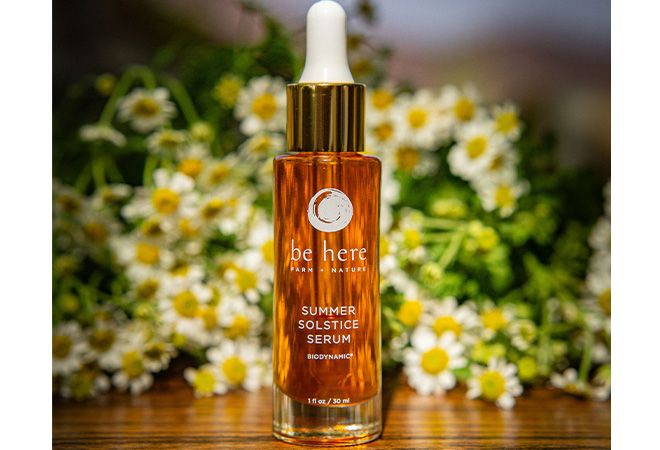
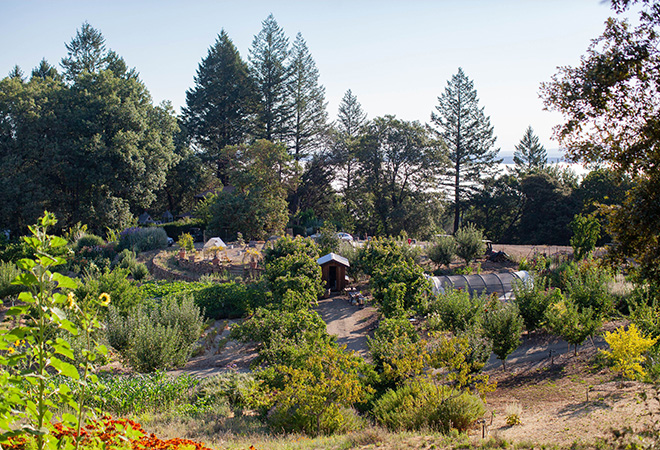
Be Here Farm + Nature
Located in Saint Helena, CA, Be Here Farm + Nature grows over 300 varieties of fruits, vegetables, and flowers on their Demeter-certified biodynamic farm. Creating skincare solutions on-site since hiring a farm director in 2015, founders Jared and Velisa Pickard have “dedicated their lives to the land.” The Summer Solstice Serum, a result of their tireless work, sees St. John's wort, German chamomile, Roman chamomile, yellow dock, gotu kola, and calendula come together to create the perfect offering. Produced without the use of machinery, crafted solely through the work of human hands, the Summer Solstice Serum aids the couple's “efforts to contribute to the virtuous cycle of healthier soil, better crops, a more vibrant ecology and a stronger community.”
The couple’s intentions go far beyond the product, with an Instagram page that shares their journey and promotes a holistic approach to farming and lifestyle, encouraging a personal connection with their consumers. Be Here Farm + Nature plans to open the farm to the public for overnight stays in 2023.
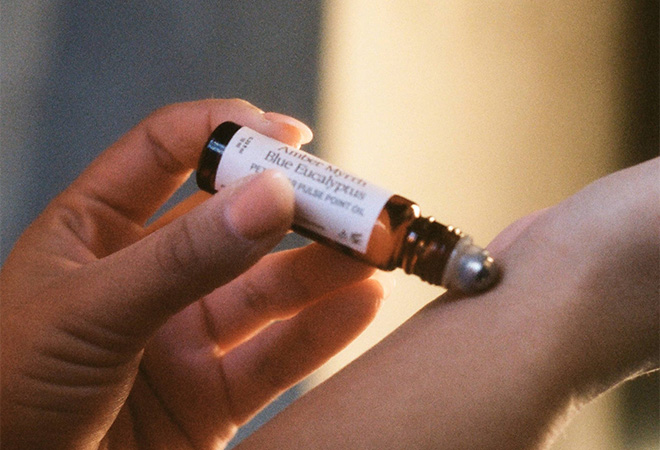
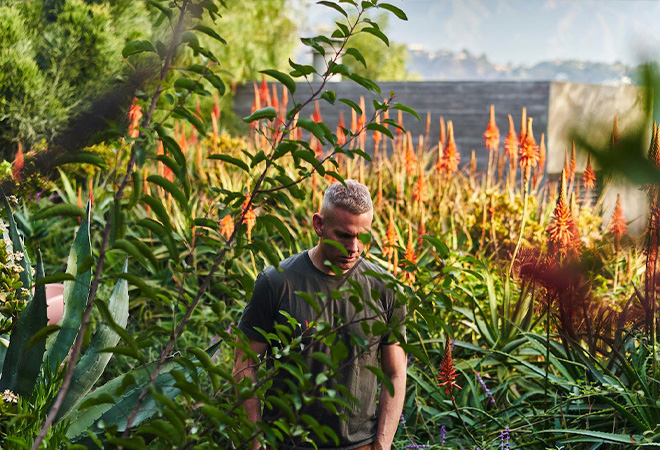
Inspired by a fruit-filled garden as well as by the concept of reinventing oneself, Flamingo Estate is a product of the pandemic. Named after Richard Christiansen’s colorful LA home, Flamingo Estate was founded after local farmers were struggling to sell produce due to a lack of tourism because of the lockdown. When the world was in a confusing state, Christiansen and local farmers teamed up, experimenting with herbs and plants from the Flamingo Estate garden, and created multiple well-being products, including rosemary-infused hand sanitizer and sage-scented candles. The team bonded through nature during this difficult time, with Christiansen promoting Mother Nature as his “best friend, therapist and doctor.”Christiansen reflects on the brand's origin, stating: “It was interesting to have a bunch of very fashion-forward art directors turn their attention to vegetables. We said that Flamingo Estate was going to be the Hermès of vegetables.”
After a successful year, with demand surpassing harvest quantities at Flamingo Estate, the brand now sources many ingredients for its formulas from independent farmers who can provide larger quantities. Today, the brand offers multiple products, from hand-cut soap to real-fruit holiday decorations, all available through a local delivery subscription service. The business once founded to help local farmers survive is now a thriving business in its own right.
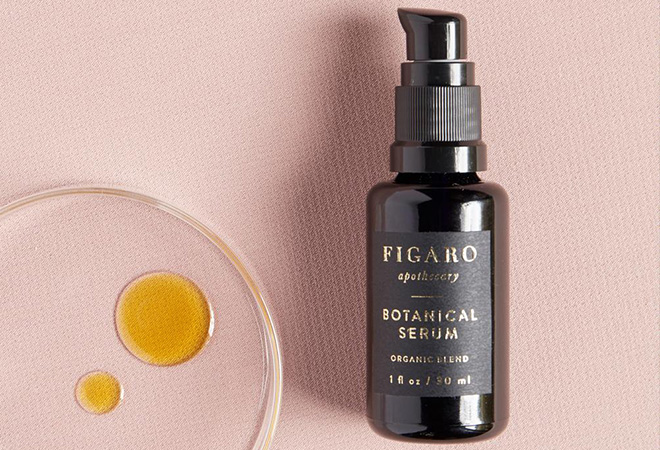
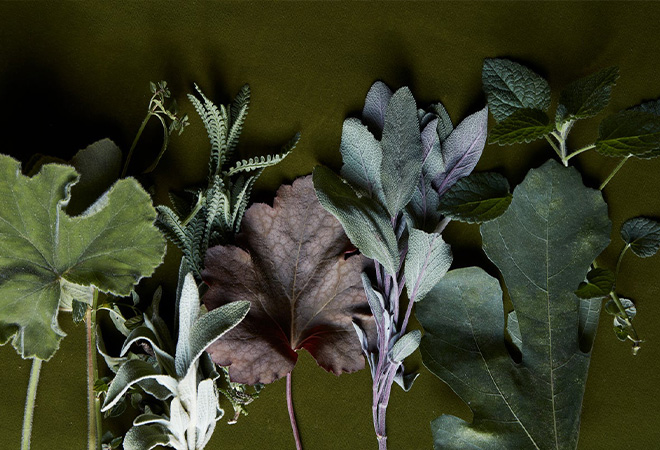
Proclaimed by its founders as “the first luxury lifestyle brand to champion wellbeing through natural products that harness the pure potency of botanicals,” Figaro Apothecary is another pandemic origin story. The brand was born when founder Scott Formby decided to spend more time in his garden, leaving lemons out for the public with a note attached reading “Free vitamin C.” Emphasizing human connection with the earth as a form of self-care, Formby describes gardening as a form of therapy, a common feeling among Americans as 55% turned to gardening during the lockdown. It was this form of escapism that nudged him to turn his wellness brand ideas into reality with business partner Jennifer de Klaver.
Using a potent combination of organic green echinacea extract, sourced from a farm in upstate New York, and CBD, Figaro Apothecary offers a botanical serum and a botanical balm that combine the two ingredients to reduce inflammation in the skin and muscles. “We’re not branding ourselves as a CBD company,” Formby says in relation to the product, “but echinacea is a powerful booster for CBD and its properties can work well on the skin.”
In the spring, the wellness partners are set to release a moisturizing face cream and a tincture infused with ginger, turmeric, and elderberry, designed to aid the natural process of the immune system and encourage better sleep quality.
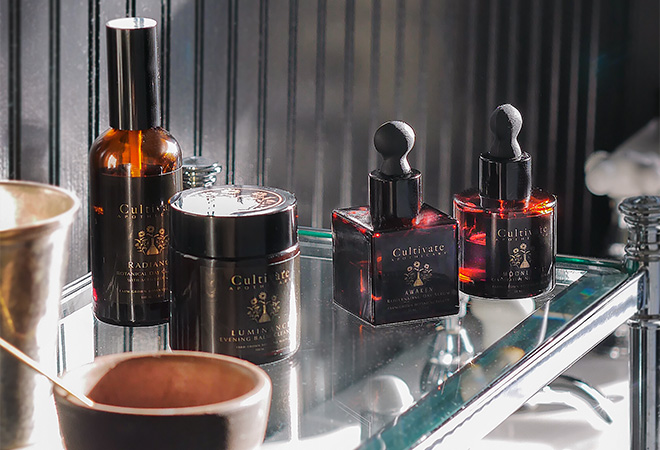
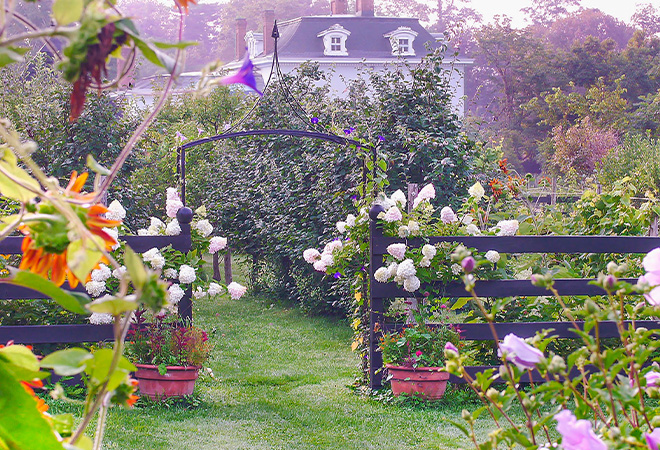
Focusing on oils and serums as opposed to standard moisturizer formulas, Jill Rowe and Matthew Benson, aka Cultivate Apothecary, create potent and botanical beauty and wellness products. Located on Stonegate Farm, a nineteenth-century estate farm in New York’s Hudson River Valley, the brand is hot on caring as much about the impact and efficacy of what they create for consumers as they do the impact they make on the environment. As the website states: “We believe organic is about more than ingredients and labels, it’s about sustainable relationships to the land we grow on and the planet we share, to the products we create and the customers we serve.” Cultivate Apothecary’s founders view growing and cultivating their ingredients as an art form.
Stonegate Farm’s philosophy is to “manifest in the cultivation of its beauty and wellness products.” Cultivate Apothecary offers masks, serums, and elixirs for all skin types, created using bramble fruit, vegetables, cut flowers, and raw honey from the farm, with a “find your formula” quiz available to take on their website.
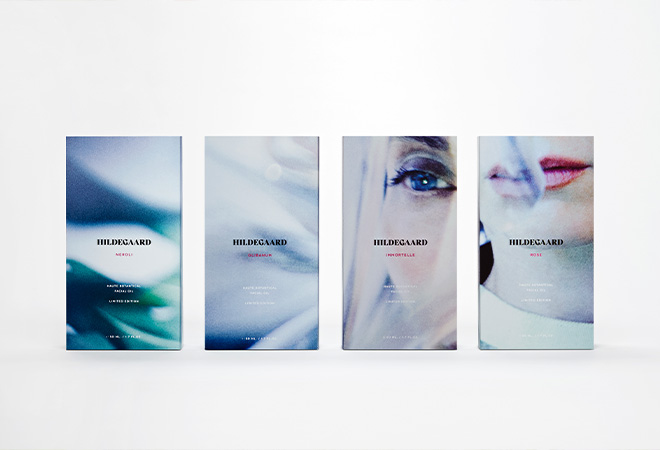
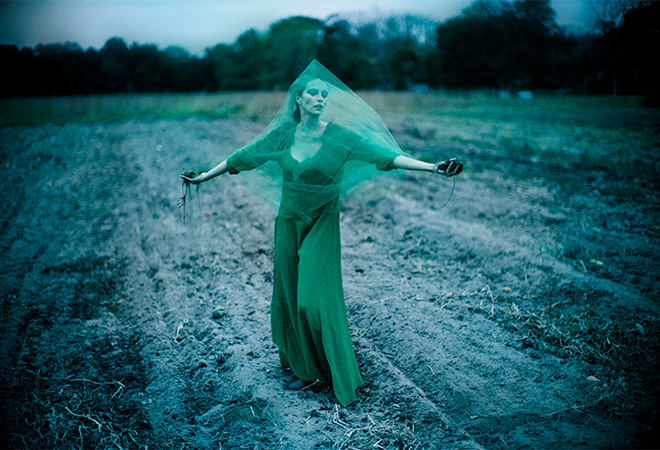
Using over 70 different oil extracts in their formulas, 100% of which come from plants, internationally renowned light artist and founder Lia Chavez tends to herself on her Long Island farm, Hildegaard “is a luxury creative house that weds the mystical, the organic and the scientific.”
With the intent to use plants’ healing powers through skincare, the brand offers four variations of anti-inflammatory facial oils: Hildegaard Neroli, Hildegaard Olibanum, Hildegaard Immortelle, and Hildegaard Rose. Working alongside plant extract producer LMR Neutrals by IFF, with both parties dedicated to ensuring high standards of sustainable practices, Chavez sources damask rose from the high-altitude region of Isparta in Turkey, immortelle from Serbia, frankincense from Somalia, and orange blossom from Tunisia.
Chavez has always been dedicated to light practices, with an approach informed by traditional folklore remedies. From as young as five she was blacking out her attic windows and conducting endless hours of experimentation and exploration into light and plant practices. These experimentations paid off, and today, Hildegaard “elevates the pursuit of beauty into an artform and a holistic, spiritual journey of restoration.”
With all five brands sharing a common interest to move towards a greener way of living, as well as fulfilling a high consumer demand for locally sourced products, it will be interesting to see how the development of clean and conscious consumption skincare leaves its mark on the industry.